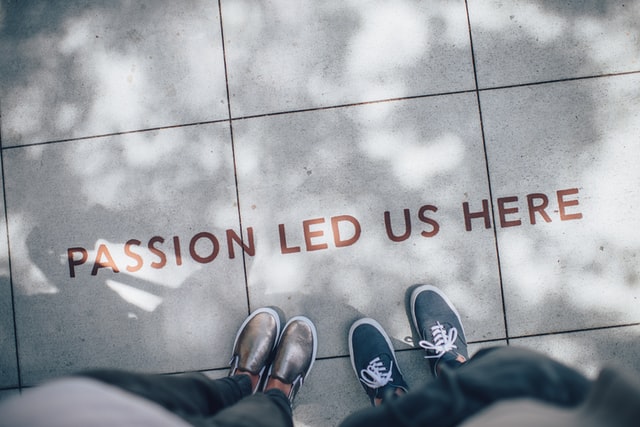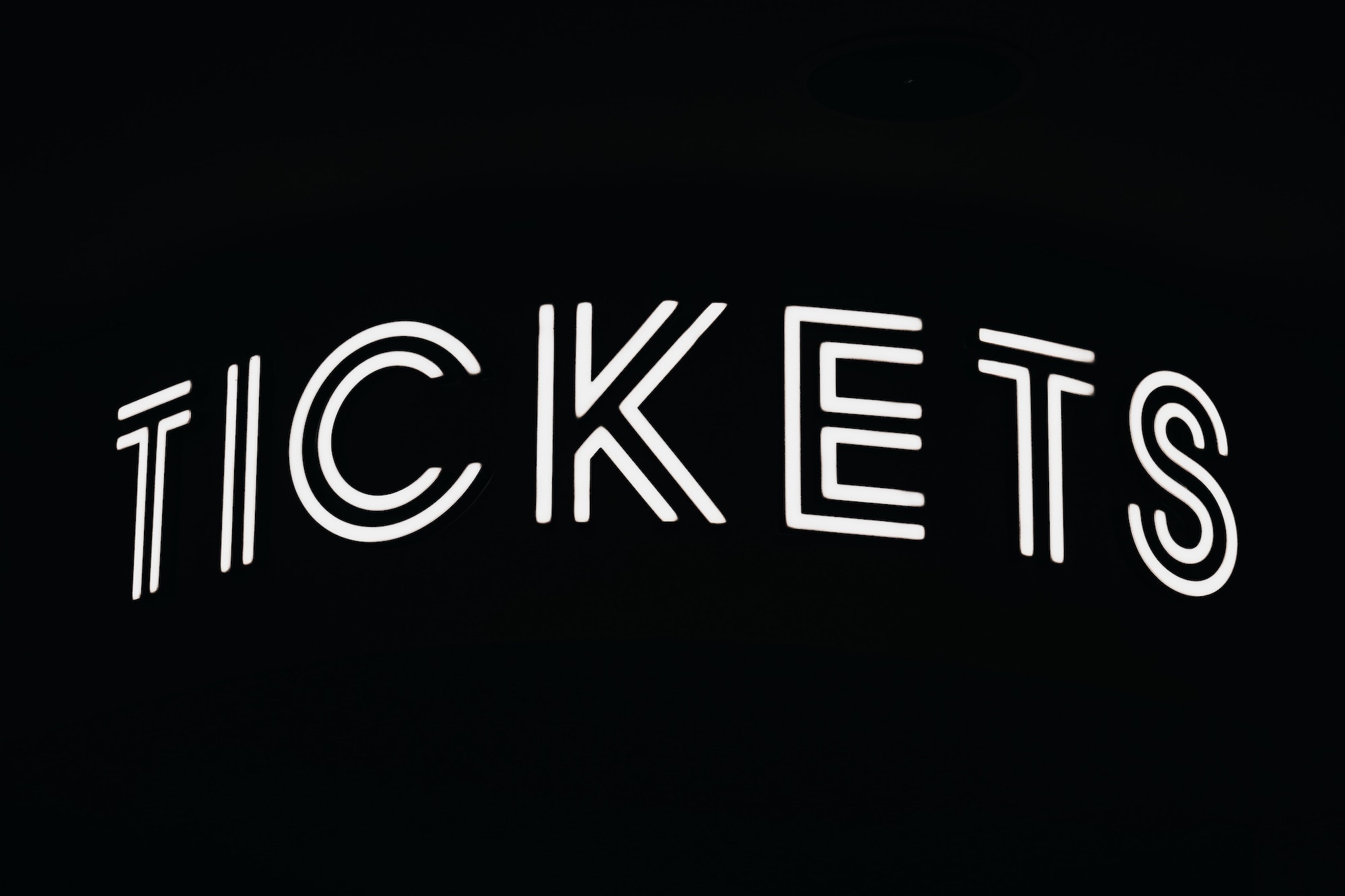The Experience Economy: What’s Going On and How Do We Fix It?

We must put the experience economy back into the control of promoters and fans, far away from the control of intermediaries and conglomerates siphoning creativity and soul from live events, writes Iqbal Ameer.
Indie promoters are the true innovators and advocates of the experience economy. If you’ve felt your heart beat faster as you walked into a festival, or marvelled as your favourite artist put on the set of their life, you know this. These promoters unite fans and artists through shared experiences and stimulate this emotional connection through the soul and passion they put into the festivals and concerts they create. They push the boundaries of a musical engagement, incorporating aspects of their regional culture with experiences built specifically for the artist’s fanbase.
In an industry built on relationships and reputation, promoters are the ones with their feet on the ground, managing bookings, securing artists, coordinating hundreds of suppliers. They are also taking on the majority of the risk in this equation, an element of the economy that isn’t discussed much, but we have to talk about these financial risks if we want the experience economy to thrive.
Before the COVID-19 pandemic, the global experience economy saw massive growth prompted by a generation that valued immersive engagements, generating a staggering U.S. $24.48 billion in total revenue in 2019.
Artists were touring, ticket sales were booming, and fans were turning out at shows. Promoters working their way up in the industry booked top artists in large venues, selling out shows with thousands of tickets.
Yet something about this was not quite right.
Having dedicated their time, money, and creative energy to their work, promoters were still losing money despite what might have appeared to be a roaring success.
The experience economy took a major hit with the pandemic’s arrival. Stalls were now empty, events and festivals canceled, and in-person gatherings were either illegal or frowned upon.
The veritable big bang that fuelled this flourishing experience economy had grinded to a halt while the whole world adjusted to (the dreaded) ‘new normal’.
For many promoters, desperation kicked in. Promoters took out more loans from investors to put on another festival or show in an attempt to help cover losses, and ultimately lost more money in the process.
I was one of these promoters.
As the pandemic subsided, I was met with inflated prices from agents, and huge entertainment and ticketing conglomerates demanding more and more money for artist appearances.
We began to announce shows again, only to face another lockdown (again), with more money lost. With a family and two kids at home, was it time to throw in the towel and focus efforts elsewhere?
Thinking back through my career, I’ve always been one to push the envelope and take our events to a whole different level. We’ve hosted festivals in Singapore on a cruise ship, we’ve staged Malaysia’s largest rock festival, and worked with some of the biggest global names in music.
In that time, we’ve touched over 300,000 people through our work, but circumstances still present today, were pulling me away from the business. I was faced with a choice between maintaining my deep passion for touching the lives of fans and succumbing to this financial death spiral or keep the business afloat by diversifying away from my roots.
Inside the Death Spiral
To really get this, we need to dive deeper into how funding works in the entertainment economy.
An artist is approached by an entertainment intermediary with a proposition: “I will give you $300,000 per show and I want to book you for 150 shows.”
A tour, how exciting!
The artist agrees. Their revenue stream is secured and they don’t have to worry about booking tour dates or negotiating show costs – the intermediary will take care of that.
They then reach out to regional and indie promoters to book the artist for various shows in different cities. The typical contract the conglomerate presents to the indie promoter, $800,000 for one show, and they want 50% of the ticket sales (coupled with restrictions for the promoter to use a particular venue, with a specific stage crew and ticketing platform, etc.)
Seems like an unfavourable proposition, but if the promoter declines, there’s always another promoter hungry enough to jump on the opportunity. To help front the costs for production, the promoter would then turn to private investors for aid.
Suffice to say, private investors aren’t as deeply passionate about bringing engaging experiences to fans as we are. The opportunity to have that association with a big name artist through an intermediary is often good enough for them, even with all the unreasonable requirements and limitations on the event’s structure. Tours are templated, the same from one city to the next. These investors are out for a quick gain, charging hefty interest rates upwards of 25% or more expected in return. But when faced with accepting such demands or choosing defeat, the promoter more often than not accepts the loan.
The burden gets even heavier!
Already paying more than double for the artist, and committing so much of their revenue to the intermediary, the promoter can barely make ends meet and ultimately may even lose money. We then cycle back through this process: interest from an artist, securing private investment, success through ticket sales, and promotion of the show or festival – likely ending in a financial loss for the promoter.
To a fan, this exchange comes with hidden fees and costs when they purchase tickets to an event. They likely have to deal with brokers or bots scalping available tickets, who then turn to secondary markets where they flog-off these tickets at inflated prices. For those groupies traveling from city to city to follow their favourite artist, shows will look identical and lack the secret sauce that pushes the show over-the-top.
Add the lack of transparency into the equation here, and you get a flock of passionate promoters investing more into their working relationships, dedicating more of their time, and allotting more financial resources to keep up with the ever-growing debt stemming from an unequal (strong-armed) distribution of power.
In the Dark
It’s important to highlight that promoters were in the dark about each other’s struggles, both with funding challenges and with creative restrictions limiting the production of festivals.
Promoters are forced to book artists to maintain relationships with agents. Ticketing conglomerates demand use of their own network of companies, often eating up all potential profit. All this takes place before the fan even hears about the pending tour to their area.
I felt I had lost control of the creativity and soul I poured into my events, which ultimately is what concert and festival-goers remember after the event has concluded.
A popular rock-music festival was run by a promoter until 2015, and appeared to be extremely successful. All shows were sold out, and some of the biggest acts including Metallica, Linkin Park, and Blink-182 would come to play.
Suddenly, one of the shows was cancelled, funding dried up, and investors got antsy about where the money went. Turns out, the promoter had been in the death spiral for the last seven years. They booked top artists, took investments, sold out shows, and ate up all the losses, only to have to do it all again.
We had no idea that these losses were happening. The festival appeared to be successful with sold out shows with upwards of 20,000 tickets. This just wasn’t talked about.
A Real Rally for the Experience Economy
These struggles remained in the dark, so I was surprised when I confided in friends within the promoter community for the first time. Many expressed the same challenges we faced as they tried to stay afloat.
In my 12 years of experience, I’ve seen the highs and the lows of the business. I’ve learned there is a better way to face the challenges in the experience economy.
What is needed is an independent decentralised network of vetted professionals, not operated by any intermediary or a fancy-schmancy ticketing company. A way for indie promoters to connect with others in the experience economy ecosystem, share information, and take some of the risk off their own business by connecting directly with fans through the power of fandom.
I knew something had to be done to take power away from the intermediaries and hone in on the community of indie promoters, in a way that ensured equal opportunity of success for all involved. It’s my hope that with new practices for capital funding, vested interest by fans, and direct promoter-to-fan communication in mind, we will keep indie promotion alive – ultimately promoting trust, transparency, and governance in this archaic industry and unlocking new levels of engagement by fans.
Without this, ticket prices will continue to rise, festivals and concerts will lose their personality and become templated. Shows will look the same city to city, because they’re being put on by the same intermediary with the same touring team, crushing the ‘little guys’ along the way. Indie promoters will be forced out of the business.
For a promoter, passion is number one. There are just some things money can’t buy, and for us, it’s that priceless experience of seeing a show come to life, and the impact of what we’ve built as it reverberates through a sea of thousands in real-time.
Imagine if we could build it together!
Iqbal Ameer is the founder of All Access Anonymous




































